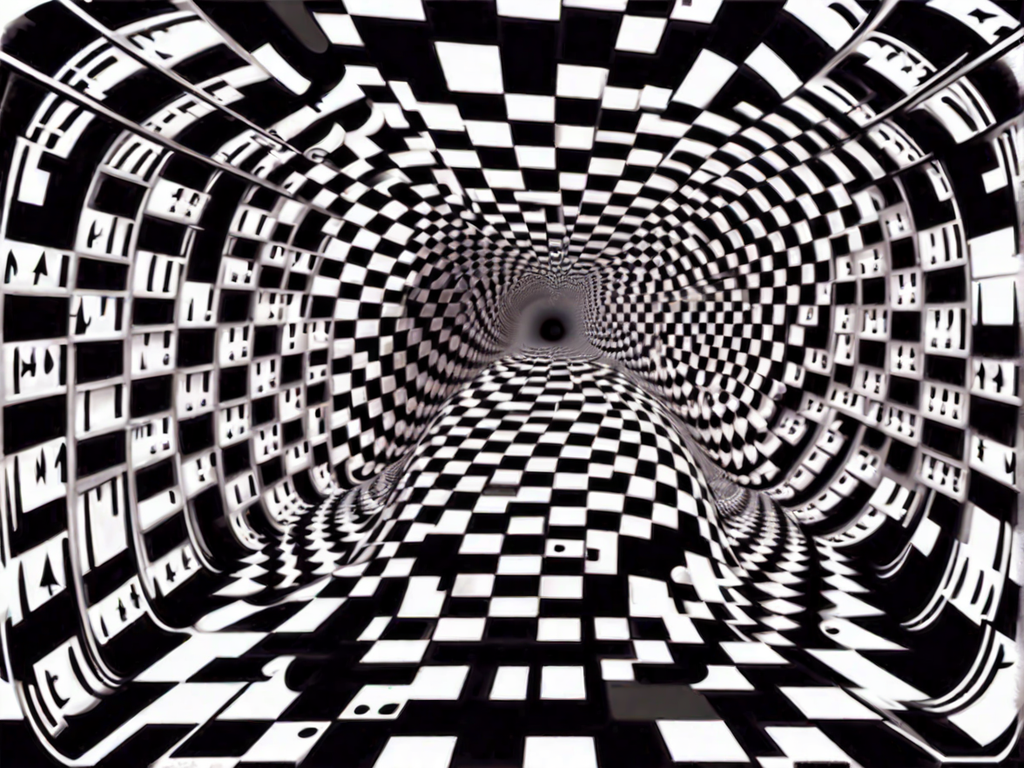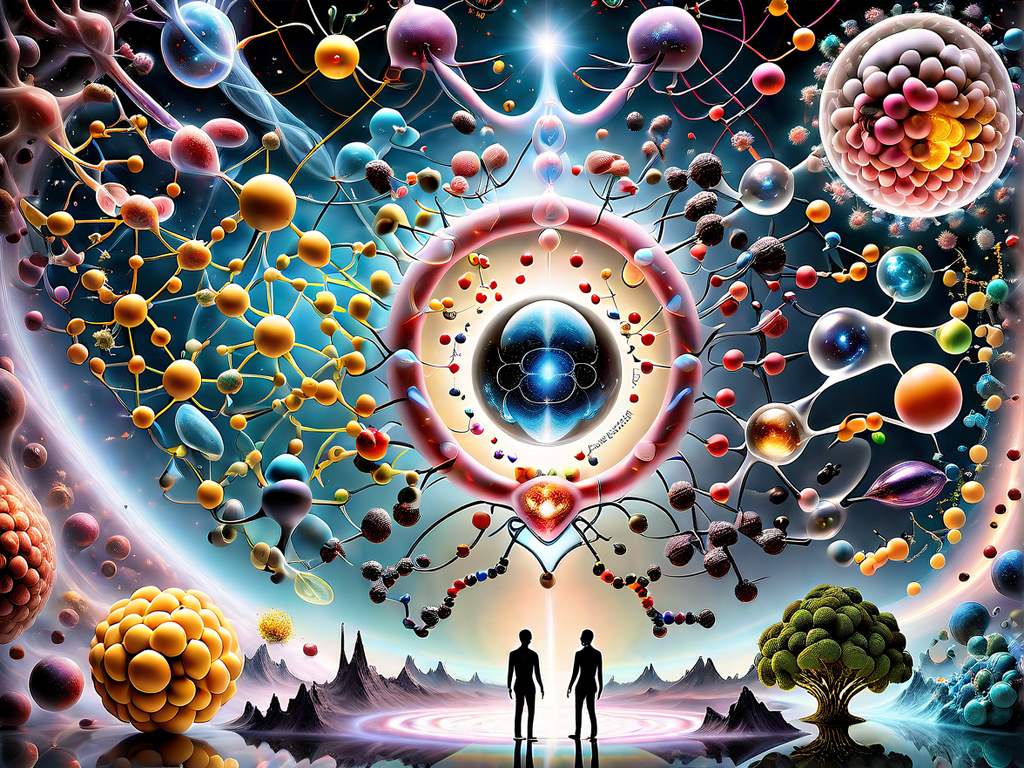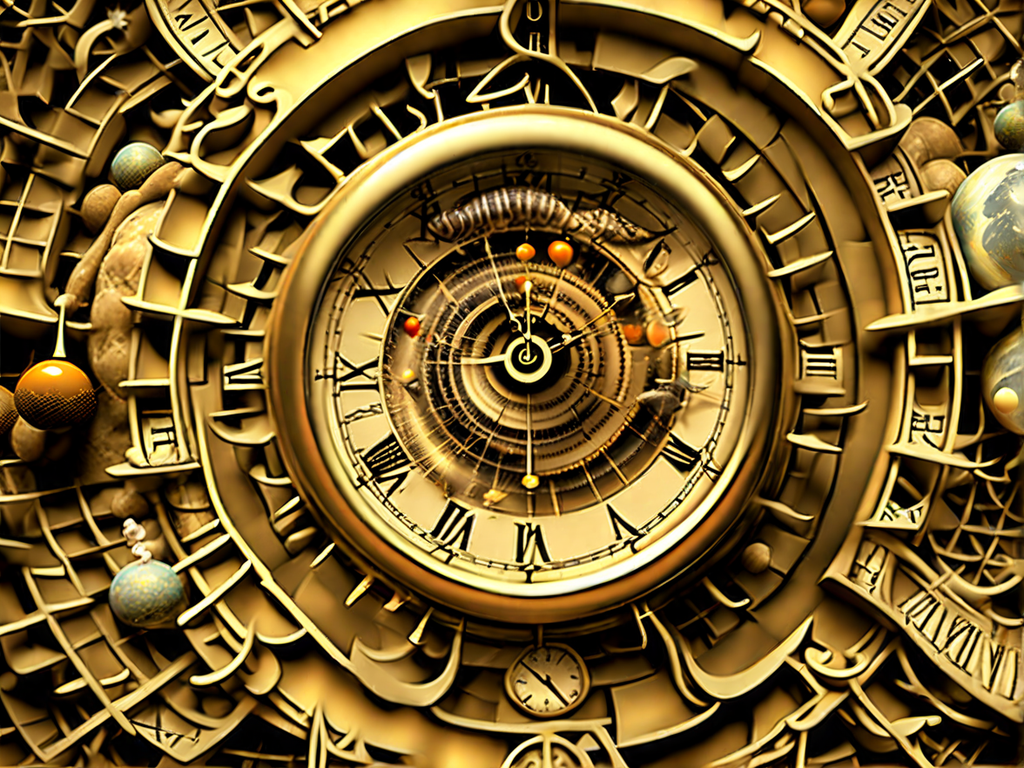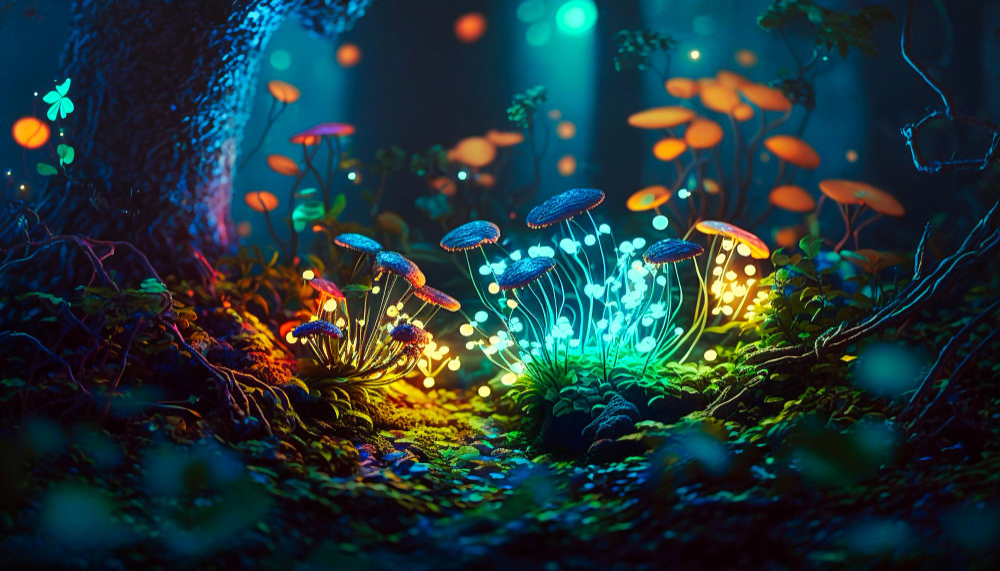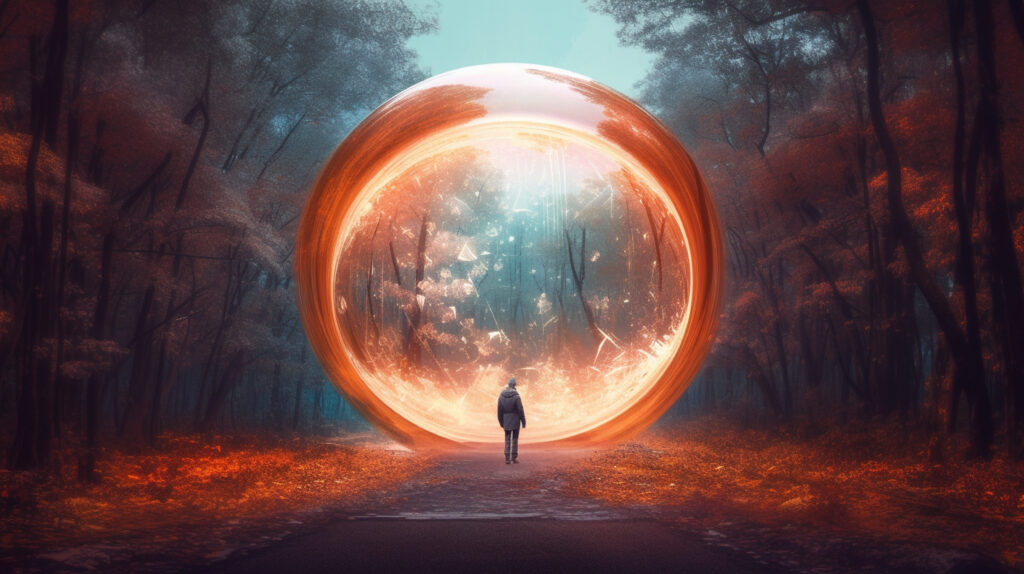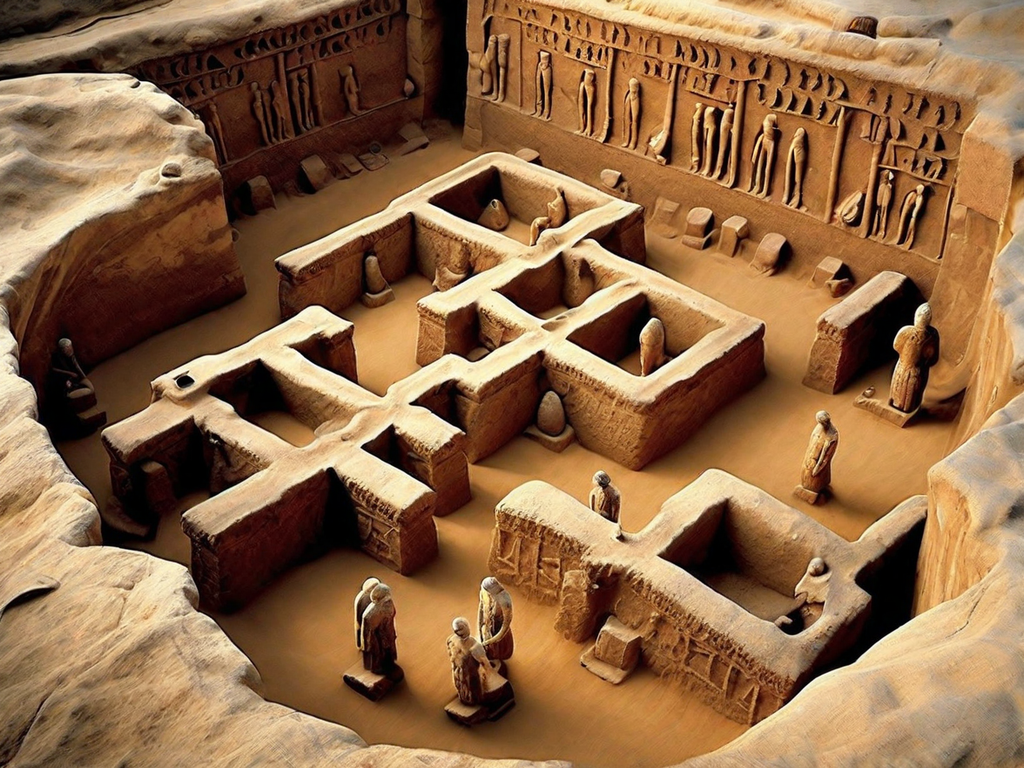In the realm of mystique and intrigue, mentalists stand as modern-day magicians, wielding the astonishing power of the human mind. These enigmatic performers captivate audiences with feats that defy explanation, blurring the line between science and magic. In this deep dive, we will delve into the captivating world of mentalists, unveiling their mysterious talents, and leaving you with thoughts to ponder about the incredible potential of the human mind.
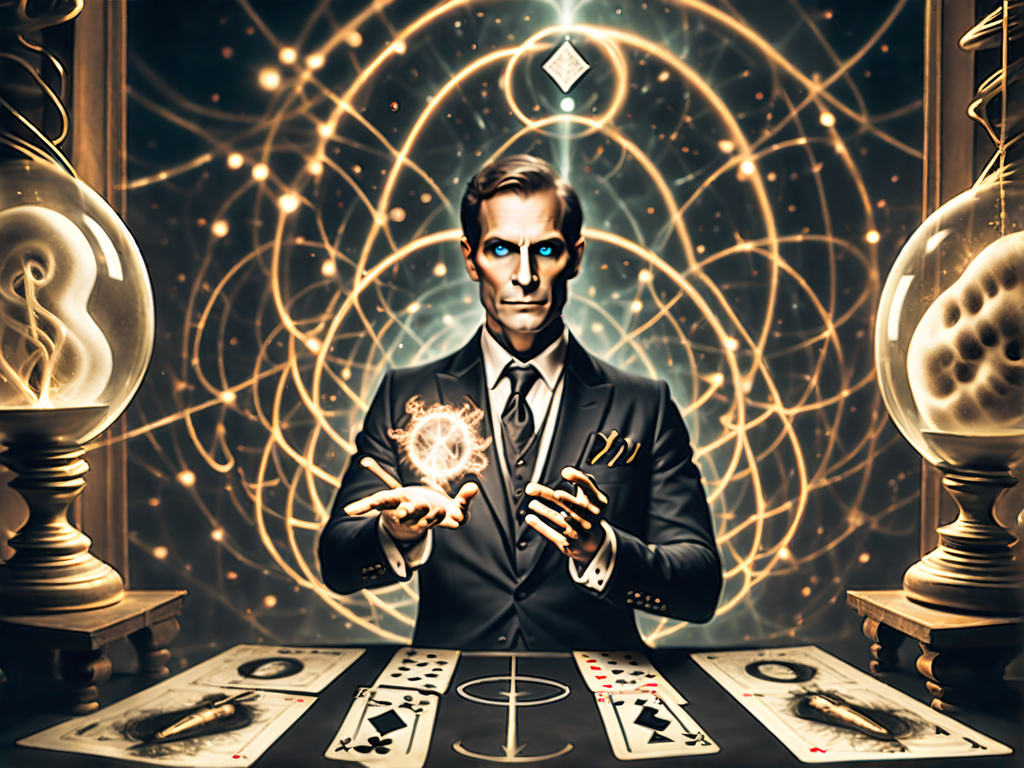
A World of Illusion
Mentalism is a performing art that thrives on illusion and psychology. Mentalists appear to possess extraordinary mental abilities, reading minds, predicting the future, and influencing thoughts. They are not clairvoyants or mind readers in the supernatural sense, but rather skilled observers of human behavior and masters of the power of suggestion.
The Art of Cold Reading

One of the fundamental skills in the mentalist’s toolkit is cold reading. This technique involves gathering information about a person through subtle cues, such as body language, clothing, and speech patterns. Mentalists use this information to create the illusion of having knowledge about someone’s past, personality, or desires.
The Power of Suggestion
Suggestion is a cornerstone of mentalism. Mentalists can plant thoughts or ideas in the minds of their subjects, leading them to make specific choices or arrive at predetermined conclusions. This power of suggestion is a remarkable tool that demonstrates the malleability of the human mind.
The Unpredictable
Mentalists are renowned for their predictions of seemingly random events. They may accurately guess the choices of audience members, the results of a coin toss, or the content of sealed envelopes. While these feats appear supernatural, they are the result of clever psychological manipulations and well-rehearsed routines.
Mind-Reading Feats
One of the most mesmerizing aspects of mentalism is mind reading. Mentalists astound audiences by seemingly knowing their innermost thoughts. This is often achieved through a combination of observation, intuition, and suggestion. The result is a thrilling and mind-bending experience.
The Influence of Psychology
Psychology plays a crucial role in mentalism. Mentalists leverage the principles of cognitive psychology, perception, and memory to create illusions that seem beyond explanation. They understand the biases and heuristics that influence human decision-making and use this knowledge to their advantage.
Mentalism in History
The roots of mentalism trace back to the late 19th and early 20th centuries. Pioneers like Joseph Dunninger, Uri Geller, and The Amazing Kreskin contributed to the popularization of mentalism. Today, mentalism remains a captivating and evolving form of entertainment.
Ethics and Skepticism
Mentalism raises ethical questions about the power of suggestion and the potential for manipulation. Some mentalists are transparent about the psychological techniques they employ, while others maintain an air of mystery. This has led to debates within the field and a healthy dose of skepticism among audiences.
The Limits of Mentalism
While mentalism appears to push the boundaries of what the human mind can achieve, it is important to remember its limitations. Mentalists are not psychic or supernatural beings. Their performances are carefully scripted and rehearsed, relying on the principles of psychology and illusion.
Beyond Entertainment
Mentalism serves as a reminder of the incredible potential of the human mind. It highlights the fascinating ways in which our thoughts, beliefs, and perceptions can be influenced. While mentalists may leave us in awe of their abilities, they also prompt us to question the nature of our own thoughts and the extent to which we are susceptible to suggestion.
A World of Wonder
As we conclude our journey into the world of mentalists, we invite you to share your thoughts and reflections. Have you ever witnessed a mentalist’s performance, and what was your reaction? What aspects of mentalism leave you wondering about the power of the human mind? Let’s engage in a discussion that explores the mysteries of mentalism and the intricate interplay between perception and reality.




